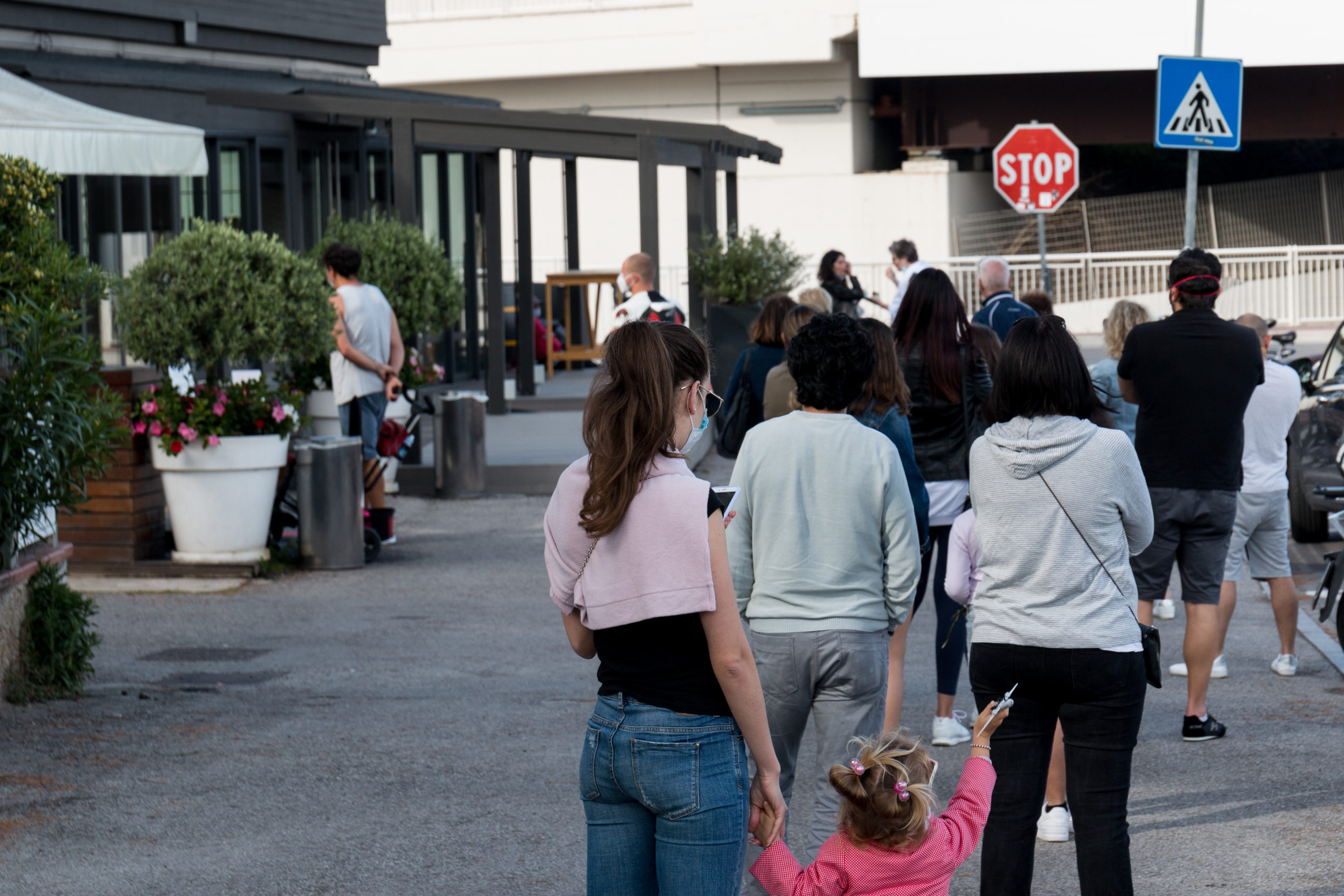Studies into bilingual cognition could help improve language learning
Bilingual people can effortlessly switch between languages during everyday interactions. But beyond its usefulness in communication, being bilingual could affect how the brain works and enhance certain abilities. Studies into this could inform techniques for learning languages and other skills. More than half of people in Europe speak more than one language while the same is … Read more






